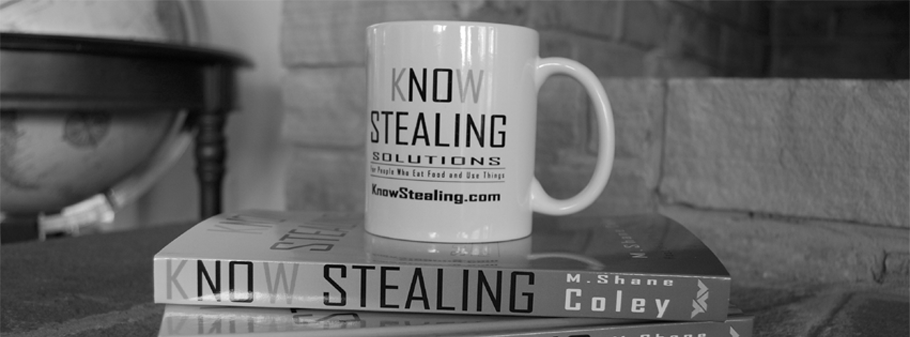Obama finally got his way in the passage of a bill that has been decades in the making. Healthcare seems to be all that pops up on the news these days, but the debate was raging long before President Obama took office.
First came Hoover and FDR. Then the 1964 Democrat controlled Congress brought with it Medicare and Medicaid. These now have over 104 million combined beneficiaries. Former President Nixon supported a plan that required employers to provide a minimum level of insurance to employees. Healthcare as employee compensation to get around wage controls, set the stage for an unaccountable four-party health insurance market. In 1976, President Jimmy Carter called for a "comprehensive national health insurance system with universal and mandatory coverage" as a part of his campaign platform. Sound familiar?
For decades, our government has tried repeatedly to impose universal healthcare on citizens of the United States. ObamaCare is the socialized healthcare plan of the century, repackaged. It is not a new idea, and as history has proven, it is not a road America wants to go down. It will only bring more trouble, poverty and steady decline to our nation.
So, what is the healthcare debate really about? To understand the purpose of "healthcare", we must understand the principles of liberty and production - both vital parts of human society. People depend on production. Think about the things you use throughout the day: clothes, coffee, cars, or a microwave. Someone had to produce each item. Stop. Think. What would your day be like if you didn't have these things?
Each American is in some way dependent on the labor and property of another person - a producer. We all need the other guy to produce efficiently so the things we use will be abundant and cheap.
It makes sense then, that in order for individuals to prosper, someone must produce food, shelter, clothes, and all the other things we use. It also logically follows that people produce more good things when they are not hindered by force and confiscation of their profits, property and tools.
If you produce something using your own time and property, you don't want to give it up unless you get something that is useful in exchange. It really is that simple.
In other words, the strength of an individual or a nation is dependent on the quantity and quality of useful things it produces. If we want food, clothes, housing, cars, trucks or video games, we have to either produce those exact things or produce something to exchange with the producer of those things.
Are we producing anymore? Agricultural and industrial capacity in the United States is nearly destroyed. According to estimations by the United States Department of Labor, over 650,000 more manufacturing jobs will be gone by 2018. Farming and agriculture jobs are also expected to decline by 80,000.
How did this happen? Agriculture and industry made us strong and prosperous. For some reason, someone has been allowed to drive the farmer off his land and the manufacturer out of his factory. Most of them didn't want to leave. They were forced out.
We must understand that anything that interferes with the United States' ability to produce makes us poorer and weaker as a nation. Wealth redistribution, unwise regulation, burdens of litigation, constant inflation, barriers to voluntary association and barriers to voluntary exchange all reduce how much we are able to produce.
Eventually, this decline will leave us in poverty and helplessness as a nation.
Our retirements are devastated. Many people have been forced to delay or exit retirement altogether. Families are struggling against growing college tuition rates. Teachers all over northeast Georgia are taking more unpaid furlough days. This decline must be stopped.
To give our children any honest hope, we absolutely must learn to think in larger terms. The success and strength of Georgia will rise or fall with the success and strength of America. We must understand that the state has to stand up for the rights and property of our citizens in aggressive, proactive ways.
Our central government has been up to no good more often than not, since the founding of our nation. For example, according to Thomas Jefferson, Alexander Hamilton who was Washington's Treasury Secretary, swindled the people through conniving payment of federal and state war debts. His plan had the following two goals: To confuse the people and corrupt the legislature.
Jefferson concluded: "And with grief and shame it must be acknowledged that his machine was not without effect ; that even in this, the birth of our government, some members were found sordid enough to bend their duty to their interests, and to look after personal rather than public good."
The federal government is always looking for new ways to steal our property. Our ignorance of money and production is the strength of these tyrants.
Productivity retained in the hands of the producer is the solution.
So when we hear talk about the benefits of "Healthcare," "Cap and Trade," "Global Warming," "Bailouts" or other government actions, there is really only one question:
Will this government action help us produce more of the good things we use everyday in Georgia, leading to abundance, prosperity and strength?
Statistics, math, logic, history, current events, human nature, and even the Bible, all emphatically say... "No."
Blessings,
Shane Coley
